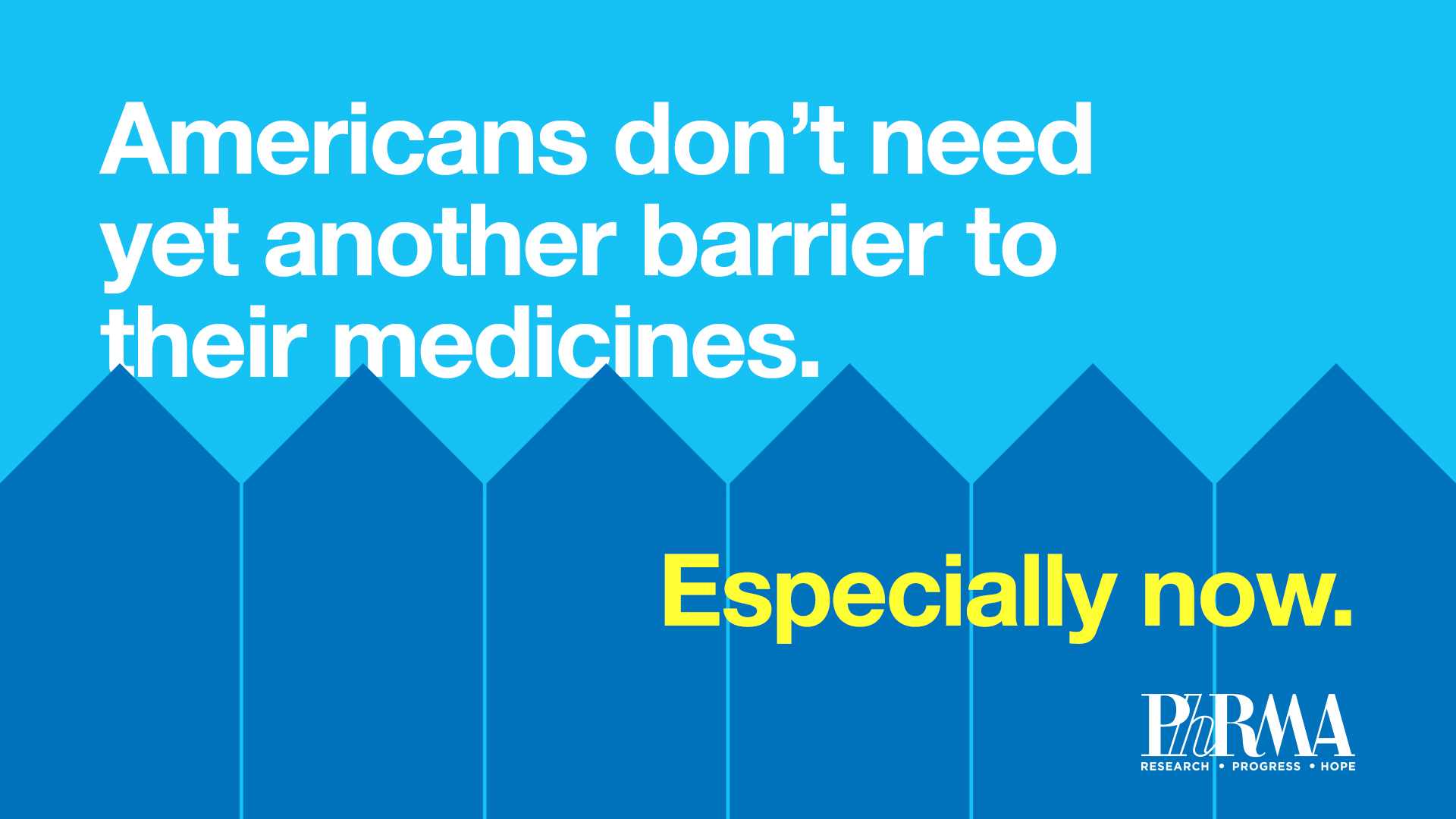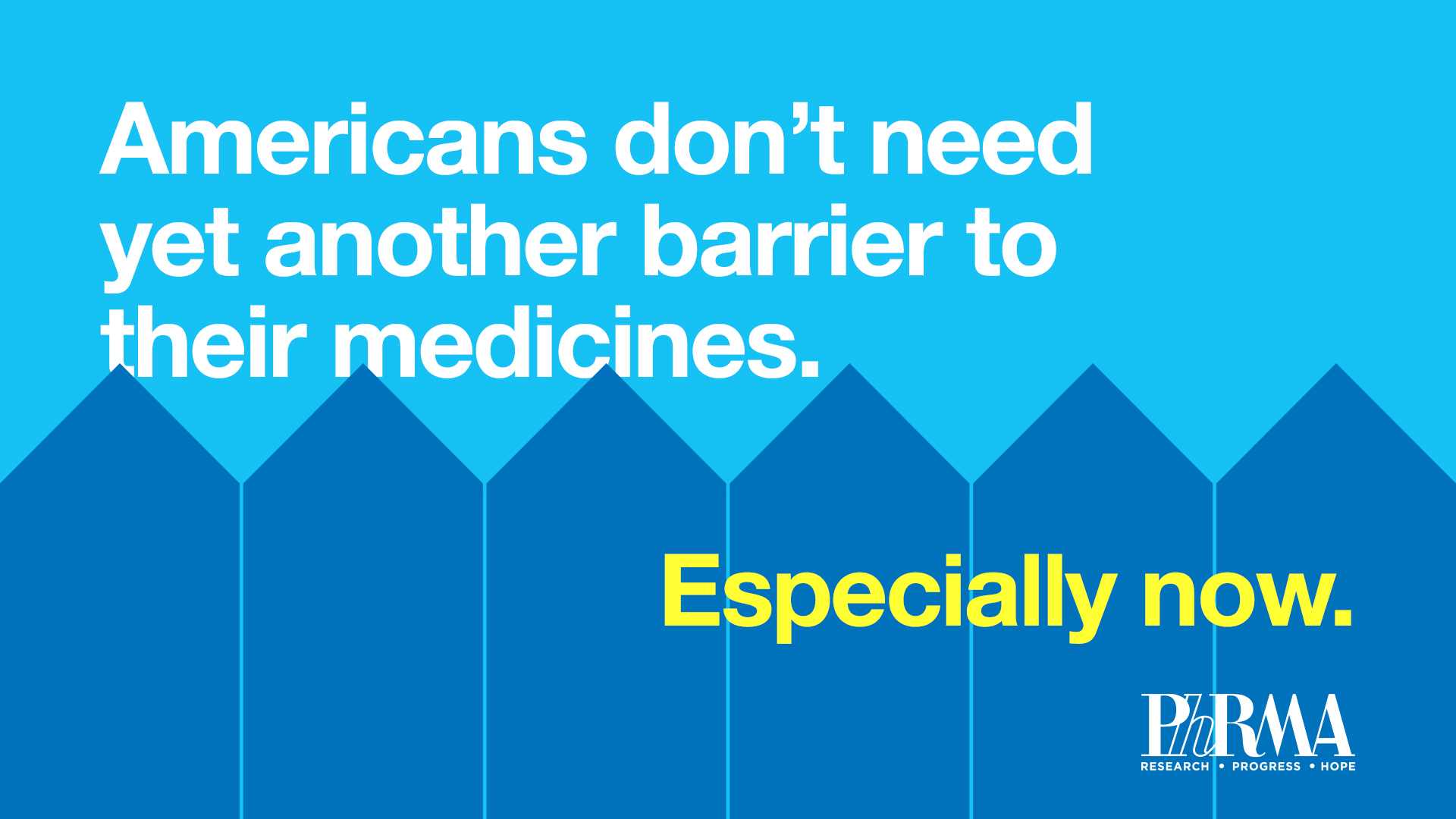| | | | | | | Presented By PhRMA | | | | Axios Vitals | | By Tina Reed · Apr 13, 2022 | | 🐫 Happy hump day, Vitals readers. Today's newsletter is 1,050 words or a 4-minute read. 👉 Check it out: In the latest Finish Line newsletter, Axios' Erica Pandey offers some insight on why taking care of your gut is so important. (Excuse me while I sip some kombucha….) | | | | | | 1 big thing: Turf wars heat up after pandemic blurred treatment lines |  | | | Illustration: Annelise Capossela/Axios | | | | Nurse practitioners, physicians assistants and pharmacists are pressing for more autonomy to diagnose patients, recommend treatments and write prescriptions, and doctors' aren't pleased. Why it matters: So-called scope of practice fights have been going on for decades. But certain emergency powers granted during the pandemic allowed advanced practice providers who were not doctors to provide more services than ever before, reigniting the battle in many states. Driving the news: Laws allowing "unrestricted independent practice" by nurse practitioners exist in 25 states, as well as the District of Columbia and two U.S. territories. What they're saying: "We're not seeking to work beyond our education and training," American Association of Nurse Practitioners president April Kapu told Axios. "We're only asking to work to the extent and education of the training we have." But, but, but: Doctors call this "scope-of-practice creep," and they say the non-physician providers are jeopardizing patient safety without expanding access or saving money the way proponents claim. - The American Medical Association helped defeat scope of practice expansion bills in Florida, Kansas, Kentucky, Louisiana, Maine, Mississippi, Tennessee and Texas last year.
- The AMA "strongly supports physician-led team-based care," the organization said in an emailed statement. "Nurse practitioners are valuable members of this team, but they are not a replacement for physicians."
Go deeper. |     | | | | | | 2. Suicide screening needs research, panel says | | A federal task force on Tuesday recommended against routine suicide screening for children and adolescents, saying more research is needed to assess if it could be harmful, Axios' Adriel Bettelheim writes. Why it matters: Suicide was the second leading cause of death for ages 10–14 in 2020, according to the CDC, and studies have shown many youths who take their lives have contact with the health care system not long before their deaths. What they're saying: The U.S. Preventive Services Task Force said there's not enough evidence to back routine screening in doctors' offices of kids who don't show signs of being suicidal. - The expert panel said questions surrounding the design of screening tests and false positives could cause needless concern about kids' mental health and stigma.
- The draft recommendations call for depression screening in adolescents ages 12–18, as well as anxiety screening.
- The task force's recommendations influence how primary and preventive care is delivered, along with which services are covered by insurance.
The other side: The American Academy of Pediatrics in March recommended screening for youths ages 12 and up, citing rising instances of suicide and suicidal thoughts that have been exacerbated by the COVID-19 pandemic. - HHS in December updated Affordable Care Act preventive care guidelines to add universal screening for suicide risk for individuals ages 12–21.
If you or someone you know may be considering suicide, contact the National Suicide Prevention Lifeline at 1-800-273-8255 (En Español: 1-888-628-9454; Deaf and Hard of Hearing: dial 711 then 1-800-273-8255) or the Crisis Text Line by texting HOME to 741741. |     | | | | | | 3. Whistleblower shows how MA plan bilked millions |  | | | Illustration: Annelise Capossela/Axios | | | | Major Medicare plans are often inflating how sick their members are — and in at least one example, went so far as to add diagnoses doctors hadn't made — to bilk millions of dollars from the health care system, a whistleblower told Bloomberg. - In one case, a woman was even coded for prostate cancer, according to the report.
Why it matters: Medicare Advantage is fast growing in popularity — and in the amount of money it's costing the health care system as seniors flock to the plans. Between the lines: Insurers say Medicare Advantage delivers better services, better access to care and better value than traditional Medicare. - But as Adriel recently reported, health insurers that sell private Medicare plans collected $12 billion more caring for seniors in 2020 than it would have cost in traditional Medicare.
- A report from the Medicare Payment Advisory Commission attributed the difference to aggressive medical record coding.
Yes but: Private insurers who administer Medicare Advantage plans just got a bigger than expected pay bump from the Biden administration. What's next: One of the nation's leading MA plans, Kaiser Permanente, is facing its own risk adjustment scandal. - The Department of Justice called addressing Medicare fraud an important priority, Bloomberg reported.
|     | | | | | | A message from PhRMA | | Voters want Congress to address health insurance | | |  | | | | Many Americans reject so-called government "negotiation" once they learn it could sacrifice access, choice and innovation. The story: Respondents find health care coverage costs unreasonable and a top priority health care issue for policymakers to address today. Read more in the new survey. | | | | | | 4. U.S. hit record deaths | | The U.S. experienced its highest-ever death total in 2021 largely due to the COVID-19 pandemic, Axios' Erin Doherty reports about the Centers for Disease Control and Prevention data. Driving the news: There were more than 3.465 million deaths in 2021 — about 80,000 more than 2020's record-setting total, AP reports. - There were more than 415,000 deaths from COVID in 2021, up from 351,000 the year prior.
- The crude death rate for cancer increased modestly, in addition to increases in deaths from diabetes, chronic liver disease and stroke.
Between the lines: Deaths from drug overdoses also contributed to the record-breaking death total in 2021, per AP. - Experts attribute the spike in drug overdose deaths — which rose particularly among 14-to-18-year-olds — to an increase in fentanyl, which researchers say "have been increasingly added to counterfeit pills resembling prescription opioids, benzodiazepines, and other drugs."
- Adolescent overdose deaths in the U.S. more than doubled from 2010 to 2021, according to a study released Tuesday in the Journal of American Medical Association.
The big picture: The data comes as the average U.S. life expectancy fell by more than two years in 2020 and 2021, according to a study out last week that has not yet been peer-reviewed. |     | | | | | | 5. Catch up quick | | 💵 The Biden administration plans to announce today $43 billion in grants to rural health care providers in 22 states to improve access to health care. (KHN) 📈 The U.S. saw an increase in gonorrhea and syphilis cases during the first year of the pandemic, new CDC data shows. (Axios) 🏥 For the first time in a decade, overdose deaths among teens in the U.S. rose dramatically in 2020 and the problem is largely blamed on fentanyl, according to a new study. (NPR) |     | | | | | | A message from PhRMA | | Insured Americans face barriers to care | | |  | | | | Nearly half of insured Americans who take prescription medicines encounter barriers that delay or limit their access to medicines. Learn more about the abusive insurance practices that can stand between patients and the care they need in PhRMA's new report. | | |  | It's called Smart Brevity®. Over 200 orgs use it — in a tool called Axios HQ — to drive productivity with clearer workplace communications. | | | | | | Axios thanks our partners for supporting our newsletters. If you're interested in advertising, learn more here.
Sponsorship has no influence on editorial content. Axios, 3100 Clarendon Blvd, Suite 1300, Arlington VA 22201 | | | You received this email because you signed up for newsletters from Axios.
Change your preferences or unsubscribe here. | | | Was this email forwarded to you?
Sign up now to get Axios in your inbox. | | | | Follow Axios on social media:    | | | | | |
No comments:
Post a Comment